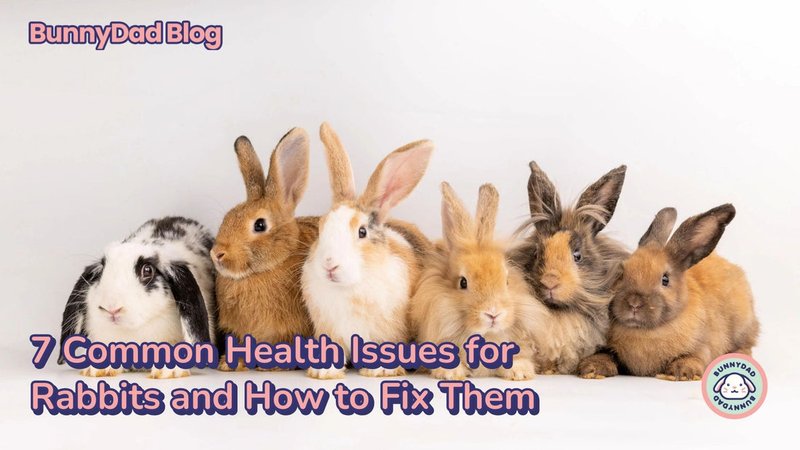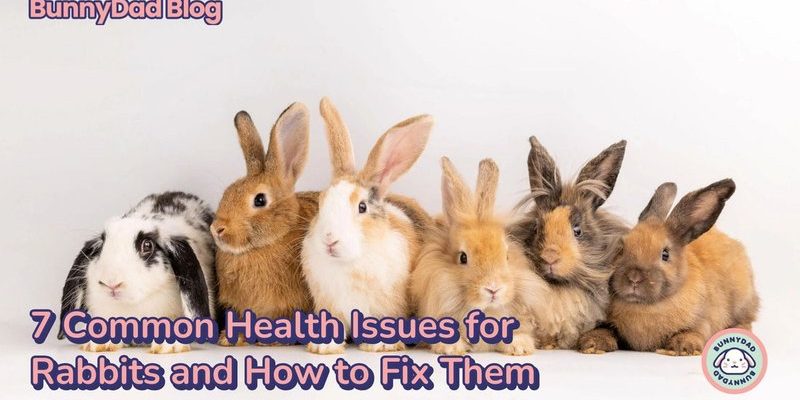
In this article, we’ll explore common health problems in mini lop rabbits and how to prevent them. It’s a lot like taking care of a small child—you need to be aware of what they eat, how they play, and what could potentially make them sick. With the right knowledge and a bit of proactive care, you can help your mini lop live a vibrant, active life.
Dental Problems
Let’s start with dental health—this is one of the most significant issues for mini lops. Rabbits’ teeth continuously grow throughout their lives. If they don’t wear down naturally, they can become overgrown, leading to painful conditions. Imagine trying to eat with a toothache; not fun, right?
Signs of dental problems include:
- Persistent drooling
- Difficulty eating or chewing
- Loss of appetite
So, what can you do to prevent dental issues? First, make sure your mini lop has a balanced diet rich in hay. Timothy hay is fantastic for keeping their teeth worn down naturally through chewing. Regular dental check-ups with a vet are also crucial. If you notice any of the signs above, it’s best to consult your vet right away.
Obesity and Weight Management
Honestly, we all love to spoil our pets with treats. But when it comes to mini lops, too many goodies can lead to obesity. Just like humans, excess weight can cause a range of health problems, from joint issues to heart disease. It’s like carrying a backpack full of rocks everywhere you go. The heavier it gets, the harder it is to move!
To keep your mini lop at a healthy weight, consider the following tips:
- Limit high-calorie treats like pellets and fruits.
- Encourage active play; toys like tunnels or chew toys can keep them moving.
- Regularly weigh your rabbit and watch for sudden increases.
A healthy diet and regular exercise are key. If you’re ever unsure about your rabbit’s weight, your vet can help you establish a healthy plan.
GI Stasis
Gastrointestinal stasis, or GI stasis, is another serious health concern for mini lops. This condition occurs when a rabbit’s digestive system slows down or stops. Think of it like a traffic jam in their stomach—when things get stuck, it can lead to severe discomfort and potentially serious health risks.
Symptoms of GI stasis include:
- Lack of appetite
- Reduced or no droppings
- Bloating or discomfort
Preventing GI stasis can be as simple as maintaining a proper diet. Make sure your rabbit has constant access to fresh hay and plenty of water. Fiber is crucial for a happy gut! Additionally, regular vet check-ups can spot potential issues before they escalate.
Respiratory Infections
Mini lops can be prone to respiratory infections, which can be caused by various factors, including poor living conditions or stress. Imagine trying to breathe through a stuffy nose—that’s how your furry friend feels when they have a respiratory issue.
Common signs of respiratory problems include:
- Frequent sneezing
- Runny nose or eyes
- Labored breathing
To prevent respiratory infections, keep your rabbit’s living area clean and well-ventilated. Make sure there’s no exposure to tobacco smoke or strong chemicals, as these can irritate their delicate system. If you notice any symptoms, don’t hesitate to reach out to your vet.
Ear Problems
Those cute floppy ears aren’t just for show—they’re also a potential hotspot for health issues. Mini lops can develop ear infections or ear mites, which can be quite uncomfortable for your little buddy. Think of it like having an itchy, annoying headache; your rabbit can’t just scratch their ears like we can.
Watch for signs like:
- Scratching at the ears
- Shaking their head frequently
- Discharge from the ears
To keep your rabbit’s ears healthy, regularly check them for dirt or wax build-up. If you see anything unusual, it’s time for a vet visit. Moreover, avoid letting them hang out in damp or dirty environments—keeping their home clean is essential!
Preventative Care and Regular Vet Visits
Here’s the thing: prevention is always better than treatment. Regular vet check-ups are a must for all pets, including mini lops. These visits allow for early detection of any issues that may be brewing. Just like you’d go to the doctor for a check-up, your mini lop needs the same attention.
During these check-ups, your vet can:
- Assess dental health
- Evaluate weight
- Check for any signs of illness
Also, make sure to ask about vaccines and spay/neuter options if you haven’t already. They can provide tailored advice for your rabbit’s specific needs.
Creating a Safe and Happy Environment
Finally, let’s talk about creating a cozy, safe environment for your mini lop. Their happiness plays a big role in their overall health. A comfortable, secure space allows them to thrive!
Here are a few tips to create a rabbit-friendly habitat:
- Provide plenty of hiding spots and toys for stimulation.
- Keep their living area clean and free from hazards.
- Allow them time outside their cage for exercise.
Remember, a happy rabbit is a healthy rabbit! Spend time interacting with your mini lop, providing affection and playtime. The bond you create will greatly contribute to their overall well-being.
In conclusion, mini lops are delightful companions, but they do require careful attention and care to stay healthy. By understanding common health issues and taking preventative steps, you can ensure that your little friend enjoys a long, happy life. Just think of it as part of the journey—one filled with cuddles, play, and, yes, a bit of vet visits now and then. Happy rabbit parenting!

